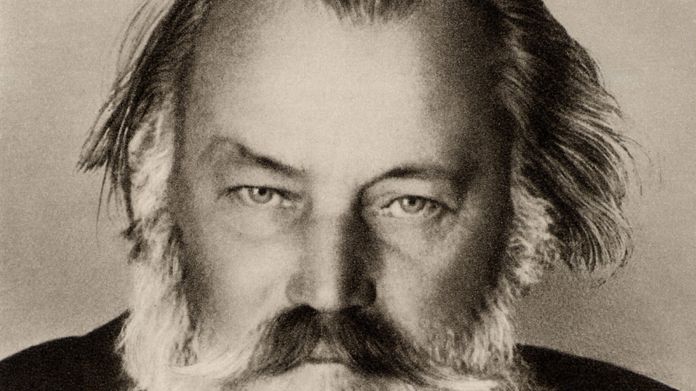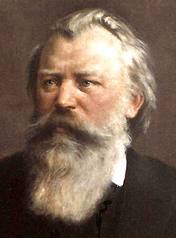Johannes Brahms, one of the most celebrated composers in the history of classical music, was born on May 7, 1833, in Hamburg, Germany. He left an indelible mark on the world of music with his exquisite compositions and unique approach to classical forms. Here are ten interesting facts about this musical genius:
- Musical Prodigy: Brahms displayed remarkable musical talent from an early age. He began playing the piano at the age of seven and quickly became proficient. By the time he was a teenager, he was already performing in public and earning money as a pianist.
- Early Struggles: Brahms faced a challenging upbringing. His family was poor, and he had to work as a pianist in taverns and dance halls to support himself and his family. These early experiences had a significant impact on his music, imbuing it with emotional depth and complexity.
- Friendship with Schumann: In 1853, Brahms met the renowned composer Robert Schumann, who recognized his immense talent. Schumann wrote an article titled “New Paths” in a music journal, praising Brahms as the future of German music. This endorsement significantly boosted Brahms’s career.
- Piano Virtuoso: Brahms was not just a composer but also a virtuoso pianist. He often performed his own compositions as a soloist. His piano works, such as the two piano concertos and the piano solo pieces like the Intermezzi, are beloved by both musicians and audiences.
- Beard and Appearance: Brahms is famously known for his impressive beard. He cultivated this distinctive facial hair, which became one of his most recognizable features, throughout his life. His imposing physical appearance belied his warm and approachable personality.
- War of the Romantics: Brahms was a central figure in the “War of the Romantics,” a philosophical and aesthetic conflict between proponents of classical and romantic styles in music during the 19th century. Brahms represented the conservative, classical camp, while composers like Wagner and Liszt championed the Romantic movement.
- Variations and Fugue on a Theme by Handel: Brahms was a master of variation form, and his “Variations and Fugue on a Theme by Handel” is a testament to his skill. It is one of the most intricate and impressive sets of variations in the classical repertoire, showcasing his deep appreciation for Baroque music.
- Four Symphonies: Brahms is renowned for his four symphonies, each a masterpiece in its own right. He took his time composing them, feeling the weight of Beethoven’s symphonic legacy. The four symphonies are often seen as a pinnacle of 19th-century orchestral composition.
- Lullaby: Brahms’s “Wiegenlied” or “Lullaby” is one of the most beloved and recognized pieces of classical music. Composed in 1868, it has become a staple in the lullaby repertoire and has been embraced by parents around the world to soothe their children to sleep.
- Legacy: Johannes Brahms passed away on April 3, 1897, but his music continues to be celebrated and performed to this day. His contributions to classical music, including symphonies, concertos, chamber music, and lieder, have left an enduring mark on the world of classical composition, earning him a place among the great composers of all time.


Comments are closed